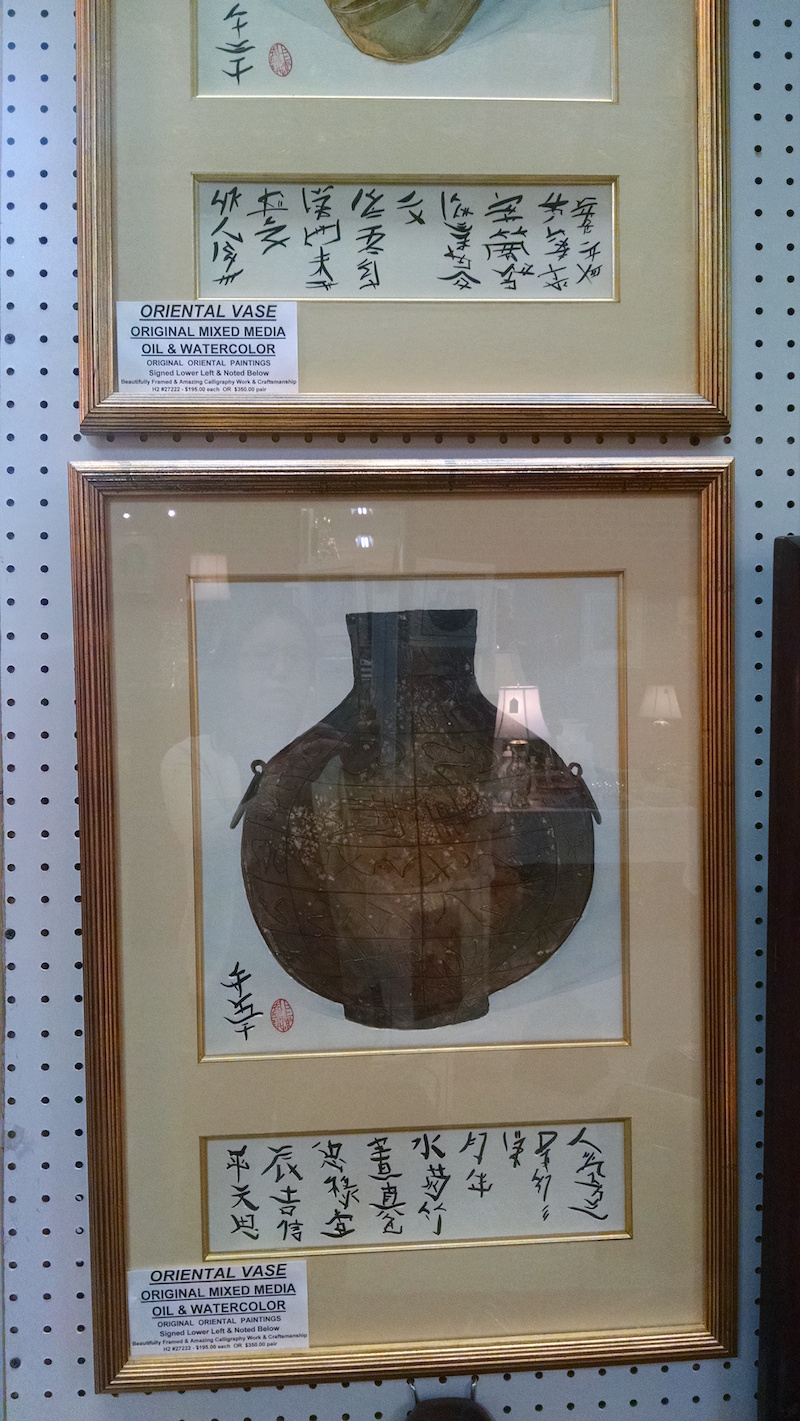The New Yorker baubles it
Yesterday, The New Yorker posted an article on its website: "The Error in Baseball and the Moral Dimension to American Life," by Stephen Marche. As originally published, the article contained this paragraph (emphasis mine):
In practice, “ordinary effort” describes, as Bill James wrote, what should have happened. What should have happened in a piece of fielding can have nothing to do with the play of the fielder. Utter offered me a case: The runner hits the ball into the outfield, the fielder baubles the ball, and the runner advances to second. Is that an error? It depends. “What we would have to look at is—is it a single or is it a double? Or is it a single and advance on an error or on the throw?” The way that the scorer determines whether that bauble is an error or not has less to do with the action of the fielder than with the action of the runner. “Was the runner going all the time? Did he never think about stopping at first? Or was he running and looking at the play and then slowed down a little bit and then took off when he saw the little bauble?” If he paused, noticed the misplay, and ran to second, “That becomes the error.”
Read the rest of this entry »



